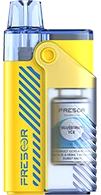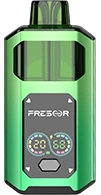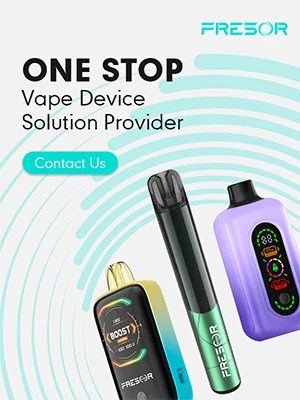Vaping Laws in Indiana: Do You Need a License to Sell Vapes?

8 April 2025
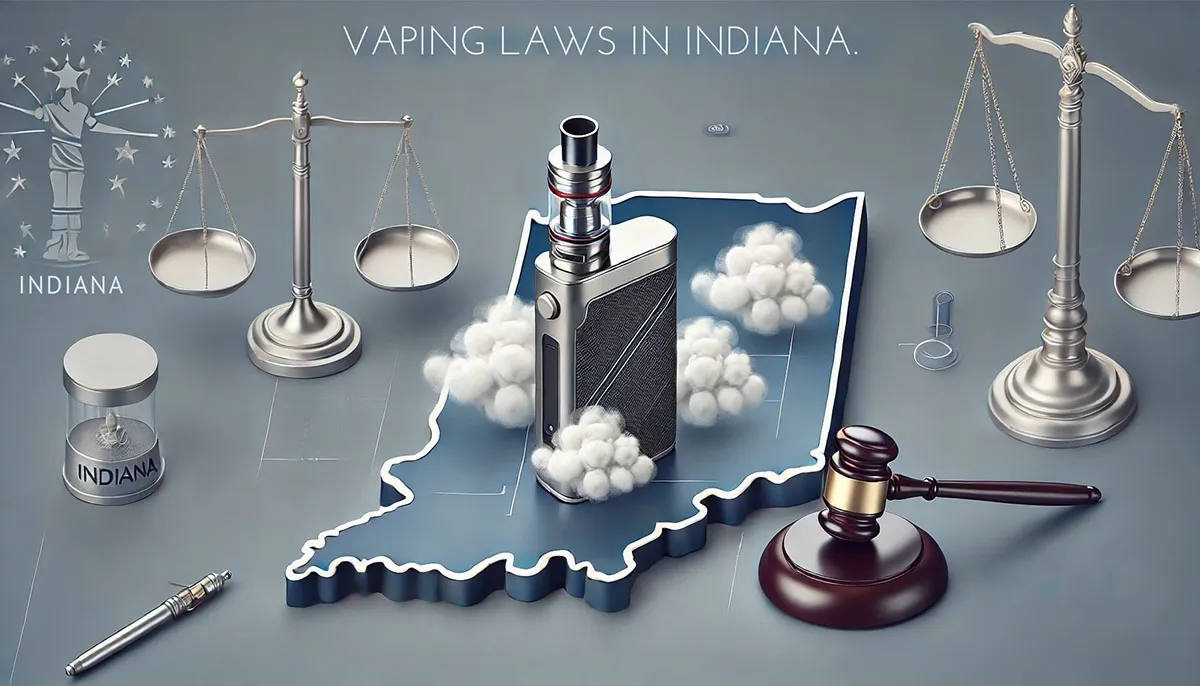
Vaping has become a popular alternative to traditional smoking, attracting millions across the U.S. with its variety of flavors and perceived health benefits. However, as its popularity grows, so does the need to regulate its sale and distribution to ensure public safety. Each state in the U.S. implements its own laws and regulations regarding vaping, making it essential for businesses and consumers to stay informed.
In Indiana, vaping laws are particularly strict, with specific rules governing the sale of e-liquids, devices, and other related products. Understanding these regulations is crucial for anyone looking to enter the vaping business or purchase vaping products in the state.
This article aims to provide a comprehensive overview of vaping laws in Indiana, focusing on whether a license is required to sell vapes and how businesses can comply with the state’s legal framework.
General Overview of Vaping Laws in Indiana
Indiana has implemented stringent regulations to oversee the sale, distribution, and use of vaping products. These laws aim to protect public health, particularly among minors, while ensuring that businesses operate responsibly within the legal framework. The state takes a comprehensive approach to regulate both the manufacturing and sale of vaping products, including e-liquids and devices.
The legal age to purchase and use vaping products in Indiana is 21, aligning with federal laws enacted in 2019. Retailers are required to verify the age of buyers to prevent underage sales. Non-compliance with this regulation can result in hefty fines and penalties for businesses.
Indiana also enforces vaping bans in several public spaces, including schools, hospitals, government buildings, and certain workplaces. These restrictions are part of broader smoke-free air laws designed to limit exposure to secondhand vapor and promote public health.
Additionally, specific regulations govern the manufacturing and labeling of e-liquids in Indiana, requiring strict adherence to childproof packaging and ingredient transparency. This makes the state one of the most regulated markets for vaping products in the U.S.
Understanding these laws is essential for both consumers and businesses to ensure compliance and avoid potential legal repercussions.
Age Restrictions
In Indiana, the legal age to purchase vaping products is 21, consistent with federal regulations. Retailers are required to verify the age of buyers through a valid government-issued ID. Selling vaping products to individuals under 21 is strictly prohibited and considered a serious offense.
Violations by retailers, such as failing to check IDs or knowingly selling to minors, can result in significant penalties, including fines, suspension of business licenses, or even permanent revocation. Individuals under 21 found purchasing or possessing vaping products may also face fines or other legal consequences, depending on the circumstances.
Licensing Requirements for Vape Shops and Distributors
To sell vaping products in Indiana, retailers and distributors must obtain a tobacco retailer’s license. This license is mandatory for any business selling e-liquids, vaping devices, or related products. Additionally, distributors and manufacturers of e-liquids must adhere to strict guidelines, including facility inspections, compliance with packaging and labeling laws, and payment of applicable taxes.
For online sales and shipping within Indiana, businesses must also comply with state regulations. Age verification is crucial, with retailers required to confirm the buyer’s age during the purchase process. Furthermore, shipping companies must ensure that deliveries are received by individuals who meet the legal age requirement of 21. Failure to comply with these rules can result in fines, license revocation, or criminal charges.
Advertising vaping products in Indiana is subject to specific restrictions. Marketing efforts cannot target minors or make unverified claims about health benefits. Additionally, ads that mimic candy, desserts, or other items appealing to children are strictly prohibited. Businesses must ensure that all promotional content complies with state and federal advertising standards.
These licensing and compliance measures are designed to regulate the vaping industry in Indiana, ensuring a safer marketplace while reducing the appeal and accessibility of vaping products to minors.
Public Usage Restrictions
Indiana imposes strict restrictions on vaping in public areas to protect non-users from secondhand vapor. Vaping is prohibited in public buildings, schools, childcare facilities, healthcare establishments, and on school grounds. These restrictions are part of the state’s broader smoke-free air laws.
Outdoor vaping regulations vary, but many parks, playgrounds, and recreational areas have implemented bans to ensure a family-friendly environment. In public spaces where vaping is allowed, users are generally advised to adhere to designated smoking areas. Violators may face fines or other penalties for non-compliance with these public usage restrictions.
Vaping Taxes and Financial Implications
Indiana imposes a specific tax on vaping products, which includes a 15% retail tax on e-liquids and other vaping devices. This tax applies to both nicotine-containing and nicotine-free e-liquids.
The tax increases the overall cost of vaping products, making them less accessible to price-sensitive consumers, especially younger users. Retailers must factor these taxes into their pricing, often resulting in higher prices for customers. While the tax aims to reduce vaping rates and generate state revenue, it can also influence purchasing behavior, driving some consumers to seek cheaper alternatives, including online or out-of-state sources.
Do You Need a License to Sell Vapes in Indiana?

Yes, Indiana requires businesses to obtain a specific license to sell vaping products. A tobacco retailer’s license is mandatory for all entities, including brick-and-mortar stores, online retailers, and vape shops, that sell e-liquids, vaping devices, or related products. Manufacturers and distributors of e-liquids must also meet additional licensing requirements, including facility inspections and adherence to state packaging laws.
State regulations outline the basic licensing requirements, but local city or county governments may impose additional rules. For example, some municipalities might require zoning permits or additional licenses to operate a vaping business. It is essential to verify local regulations to ensure full compliance.
Businesses must also register for tax collection and compliance, as vaping products in Indiana are subject to a 15% retail tax on e-liquids. Retailers must remit these taxes to the state, and failure to do so can result in penalties.
Additionally, businesses must comply with FDA regulations, including age verification, accurate labeling, and not marketing to minors. Any product containing nicotine must feature proper warnings, and businesses must refrain from making unverified health claims. Adherence to both state and federal laws is crucial to legally operate a vaping business in Indiana.
Penalties for Selling Vapes Without a License
Selling vaping products in Indiana without the required license is a serious violation of state law and can result in severe penalties. Businesses found operating without a valid tobacco retailer’s license may face hefty fines, starting from several hundred dollars for first-time violations and escalating for repeated offenses. In addition to monetary penalties, unlicensed businesses risk having their inventory confiscated and their operations suspended or permanently shut down by state authorities.
Legal consequences for non-compliance can also include criminal charges, depending on the severity of the violation. Owners or operators of unlicensed establishments may face misdemeanor or felony charges if they knowingly sell products without adhering to the state's regulatory requirements. Such charges can lead to court-imposed fines and even jail time in extreme cases.
Beyond state penalties, local city or county authorities may impose additional fines or restrictions on unlicensed vape businesses. This could include revoking other business permits, further restricting the ability to operate.
In summary, selling vapes without proper licensing in Indiana exposes businesses to significant legal, financial, and operational risks. Ensuring compliance with state and local regulations is crucial to avoid these penalties and maintain a legitimate presence in the vaping industry.
How to Obtain a License to Sell Vapes in Indiana?
Obtaining a retail license to sell vaping products in Indiana involves several steps to ensure compliance with state regulations. Here's a step-by-step guide:
- Determine the License Type:
Retailers selling vaping products must obtain a Tobacco Sales Certificate issued by the Indiana Alcohol and Tobacco Commission (ATC). - Prepare Required Documents:
○ A completed application form (available on the ATC website).
○ Proof of business registration with the Indiana Secretary of State.
○ A copy of the lease or deed for your retail location.
○ Taxpayer Identification Number (TIN).
- Pay Application Fees:
The application fee varies depending on the type of license and business size. Check the Indiana ATC website for the most up-to-date fee structure. - Submit Your Application:
Applications can be submitted online through the ATC's electronic portal or mailed to the ATC's office. - Undergo Inspections:
Your retail location may require an inspection to ensure compliance with Indiana's regulations. - Await Approval:
Approval typically takes 2–4 weeks, depending on the completeness of your application and inspection results.
License Duration and Renewal
Indiana vaping licenses are valid for one year and must be renewed annually. Renewal reminders are sent before expiration, and late fees apply if not renewed on time. Visit the Indiana ATC Licensing Portal for renewals.
Conclusion
In Indiana, selling vaping products legally requires obtaining a tobacco retailer’s license, ensuring compliance with both state and local regulations. The process involves completing an application, submitting necessary documents, paying fees, and waiting for approval from the Indiana Alcohol and Tobacco Commission. Retailers must renew their licenses annually to remain compliant.
Adhering to Indiana’s vaping laws is crucial to avoid potential legal consequences, including fines, business closure, or criminal charges. Non-compliance with licensing requirements can result in serious repercussions, impacting your business’s reputation and bottom line.
For businesses in the vaping industry, staying informed about evolving laws and regulations is key to maintaining legal operations. Regularly check for updates on state and local requirements to ensure continued compliance and protect your business from legal challenges.
Featured Articles

Can You Vape in a Hotel Room? A Guide for Travelers, Vapers, and Hoteliers
2024-09-19

Vape Legal and Regulatory Weekly Report - September 14, 2024
2024-09-14
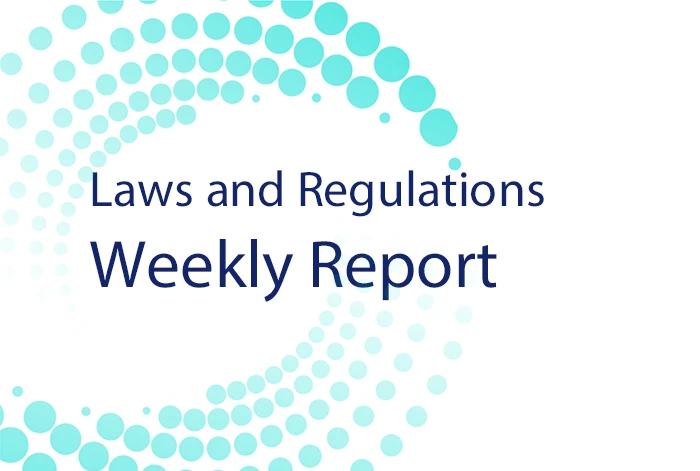
Vape Legal and Regulatory Weekly Report - September 9, 2024
2024-09-09

Vape Legal and Regulatory Weekly Report - September 2, 2024
2024-09-02
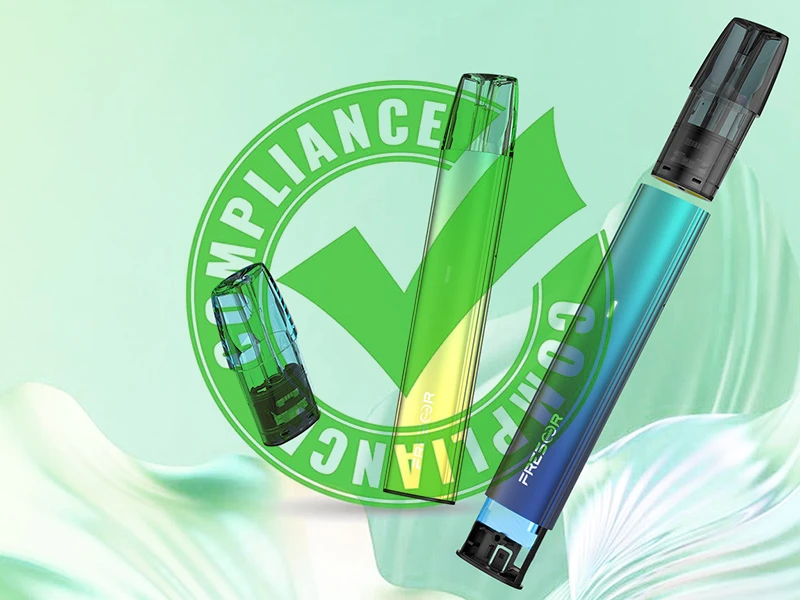
Vaping Laws in Germany: An Update on What You Need to Know
2024-08-12









